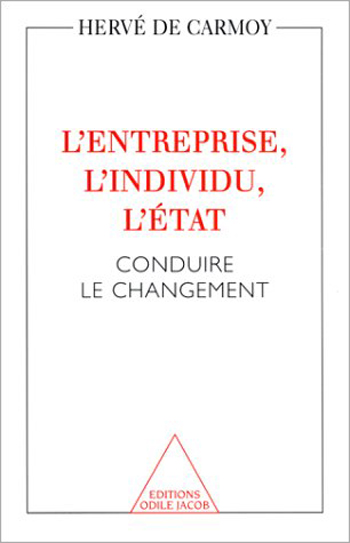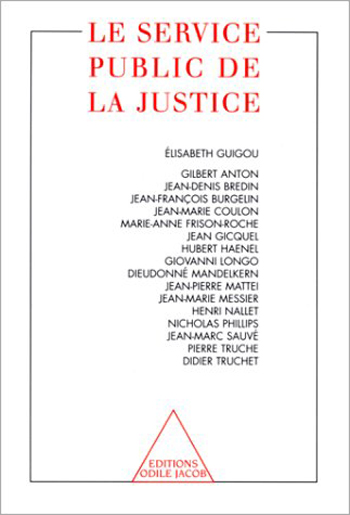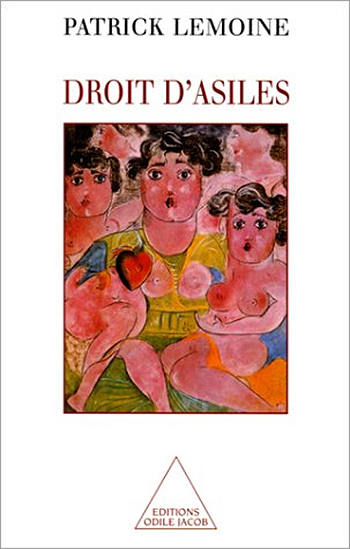Testimonials, News, Investigations All books

Hervé de Carmoy
Entreprise, Individual and State Leading to Change
The author believes that France is suffering from numerous ills, including inertia, demagogy, unemployment, corruption, corporotism, elitism, and a general withdrawal from the outside world. He also thinks that much more than clear-headedness and a desire for change are required if a cure is to be found. What is the best way of making the necessary changes? How have others gone about implementing those changes? He believes the business world provides an excellent model for learning how to deal with an ever-changing environment. Hervé de Carmoy was formerly general director of the Midland Bank in London.

Émile Biasini
Africa and Us
Economist Charles Gide once described colonization as "a force of nature." Biasini believes that to imagine that our current phase of decolonization actually is an end to colonialism is just another manifestation of our society's megalomania. Africa today is going through a phase of change. It must stay faithful to its roots, digesting all the various cultures which have influenced it, while facing a new colonial menace. Its own elites, once fled abroad, have returned to Africa and are quickly becoming the colonists of their own countries. And such colonial ambitions, history teaches us, must inevitably lead to imperialism. Emile Biasini was a civil servant in colonial Africa. Under De Gaulle, he helped found the Ministry of Culture.

Maurice Rheims
crise mine
A well-known writer, art collector, academic, and sometime auctioneer reflects on life in our times and on the art of living well. In an age when it has become fashionable to lament a kind of society-wide depression, Rheims examines other periods of crisis and general malaise throughout history, and ends with a resounding affirmation of the power that curiosity, beauty, and art will continue to hold. Maurice Rheims is president of the Fondation de France's cultural development fund, and a member of the Académie française. He is the author of many essays, novels, and books on art.

Collectif
The Judicial System as a Public Service
Should the judicial system be reformed ? This question is at the centre of lively debates. It is to institutions such as the chancellery, courts of law and magistrates, that it falls to forge the judicial system, the deliverer of order, equilibrium and social cohesion. However, these institutions seem today to be weak, both in terms of organisation, and in methods of recruitment. It is thus necessary that changes are made. This is especially so as the duty of the judicial system is to operate in such a way that all individuals remain citizens, by delivering them judgements in a reasonable timescale which are certain to be respected. In this respect, it is a public service. The objective of this book is to assess the forms and the effects of a decisive reform in order to benefit our society.

Patrick Lemoine
Right of Sanctuaries
This book is a detailed reconstruction of daily life at the Asile du Vinatier, a psychiatric institution near Lyon, from 1937 to 1945, a period marked by the earliest institutional attempts to treat mental illness. It was also the time when the blindness of administrative rules, the meanness of politicians, and the indifference of society at large resulted in a collective drama: the gradual extermination of mental patients. Patrick Lemoine is a psychiatrist and department head at the Hôpital du Vinatier in Lyon.



